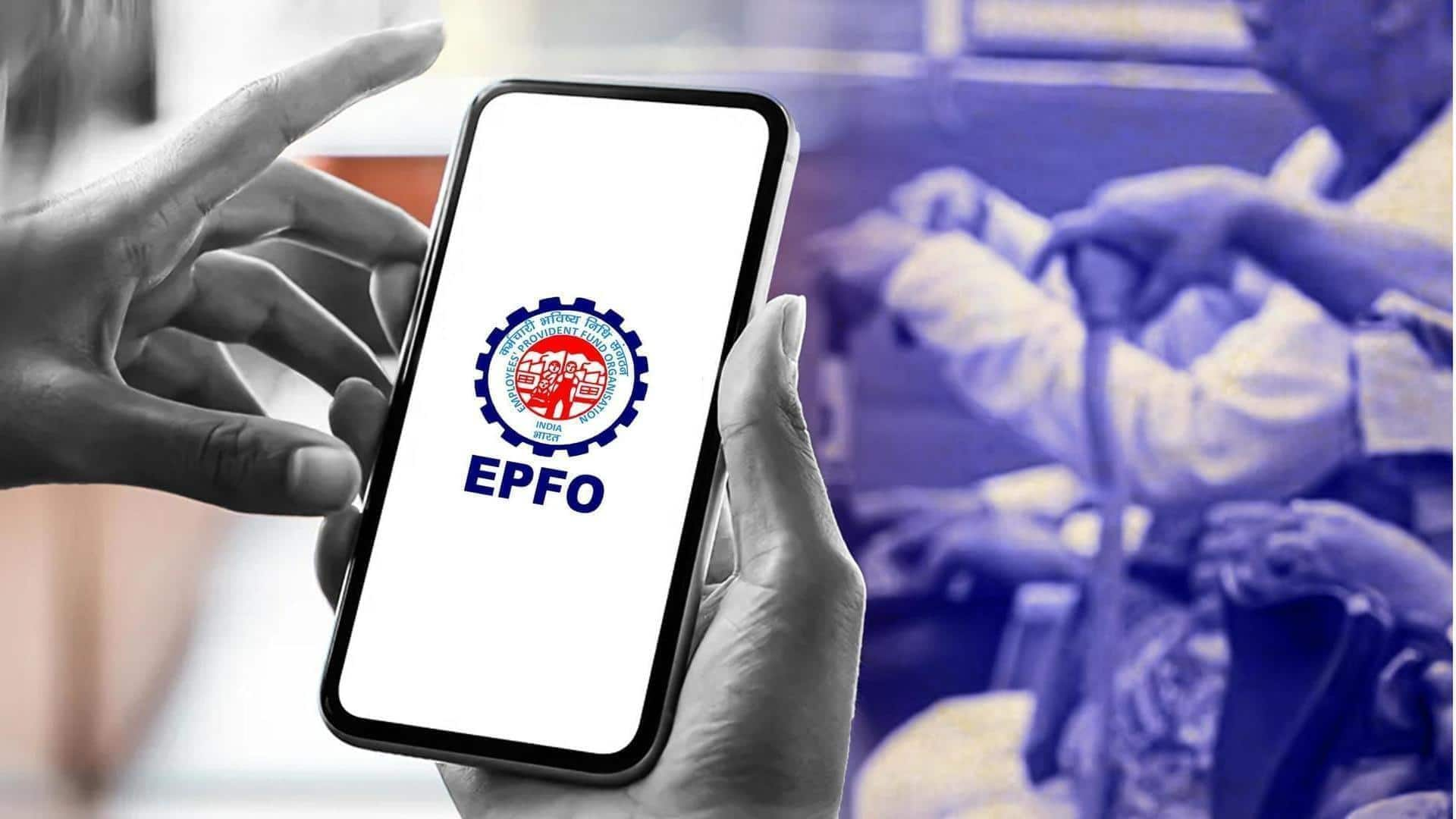
EPFO's EDLI scheme gets major upgrade: Check all new changes
What's the story
The Employees's Provident Fund Organisation (EPFO) has announced major changes to its Employees' Deposit Linked Insurance (EDLI) scheme. The revisions are aimed at providing better financial security to the families of deceased EPF members. The key objective of the updates is to widen coverage and increase payouts under the scheme, thus providing better assistance to bereaved families.
New rules
EDLI benefits now available for non-contributory period deaths
Among the latest changes by the EPFO is the provision for families to claim EDLI benefits even if the deceased member died after a non-contributory period. This is aimed at acknowledging continuity of employment and ensuring financial relief for the bereaved families. Earlier, such cases often led to loss of eligibility for these benefits, leaving many families without the required financial support.
Policy change
Short employment gaps no longer disqualify families
Apart from extending coverage for non-contributory period deaths, the EPFO has also changed its policy on short job transition gaps. Under the new rules, a break of up to two months is now treated as continuous service. This means families will get at least ₹2.5 lakh and as much as ₹7 lakh if a member dies even during employment gap. Previously, even a very brief break between jobs, like just a few days, could prevent families from getting benefits.
Increased eligibility
More families set to benefit from EDLI
The EPFO estimates that these changes will enable over 14,000 families every year to qualify for EDLI payouts. This is expected to considerably increase the number of beneficiaries under this scheme. The organization has stressed that these modifications strengthen the government's commitment toward employee welfare and financial security for their families after their demise.